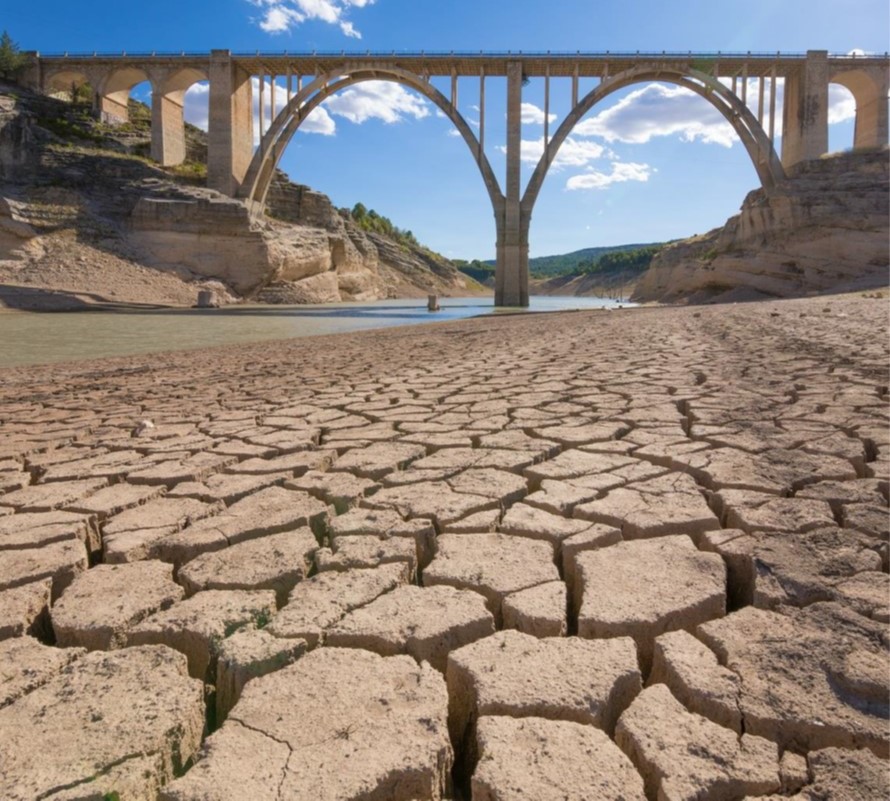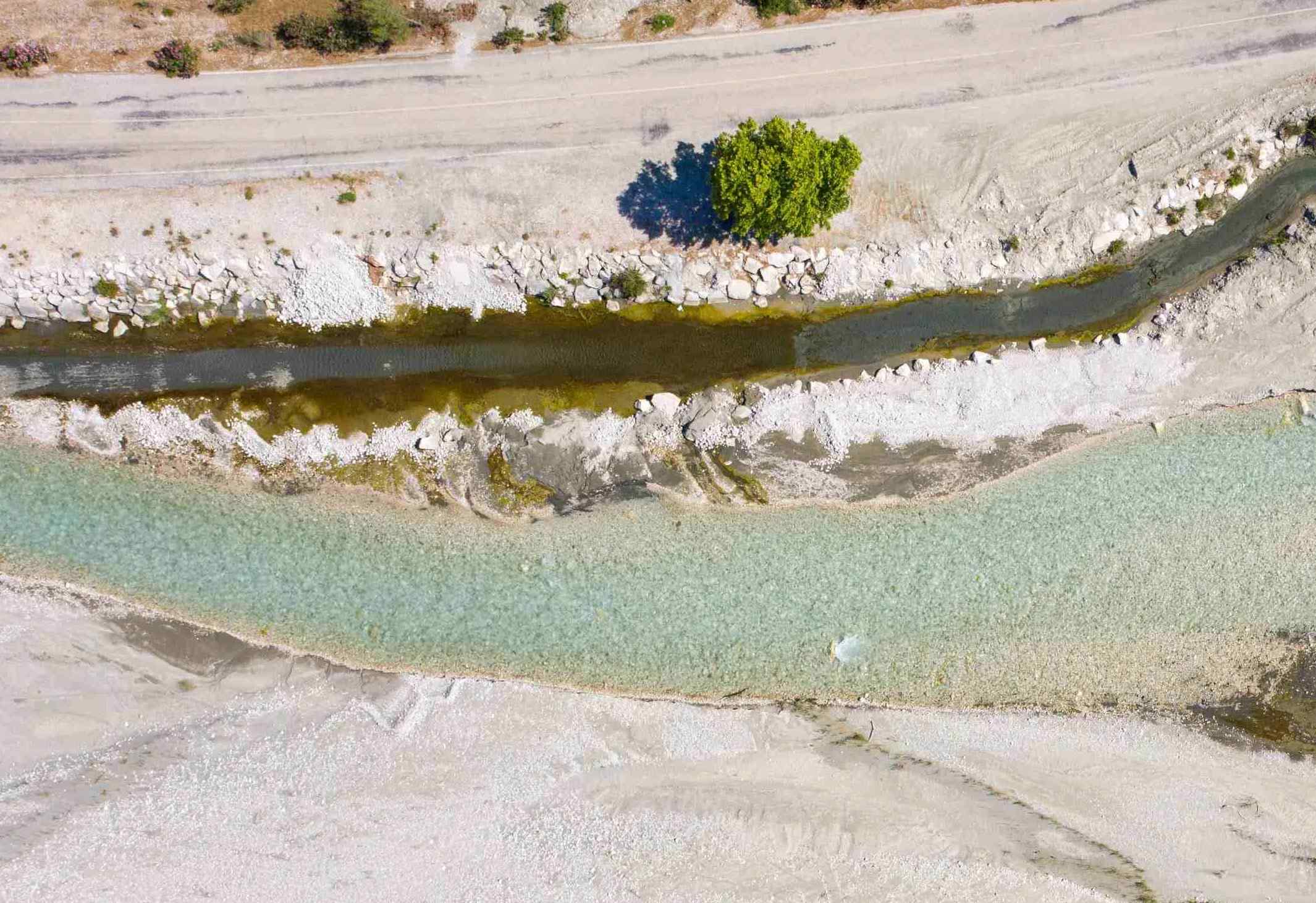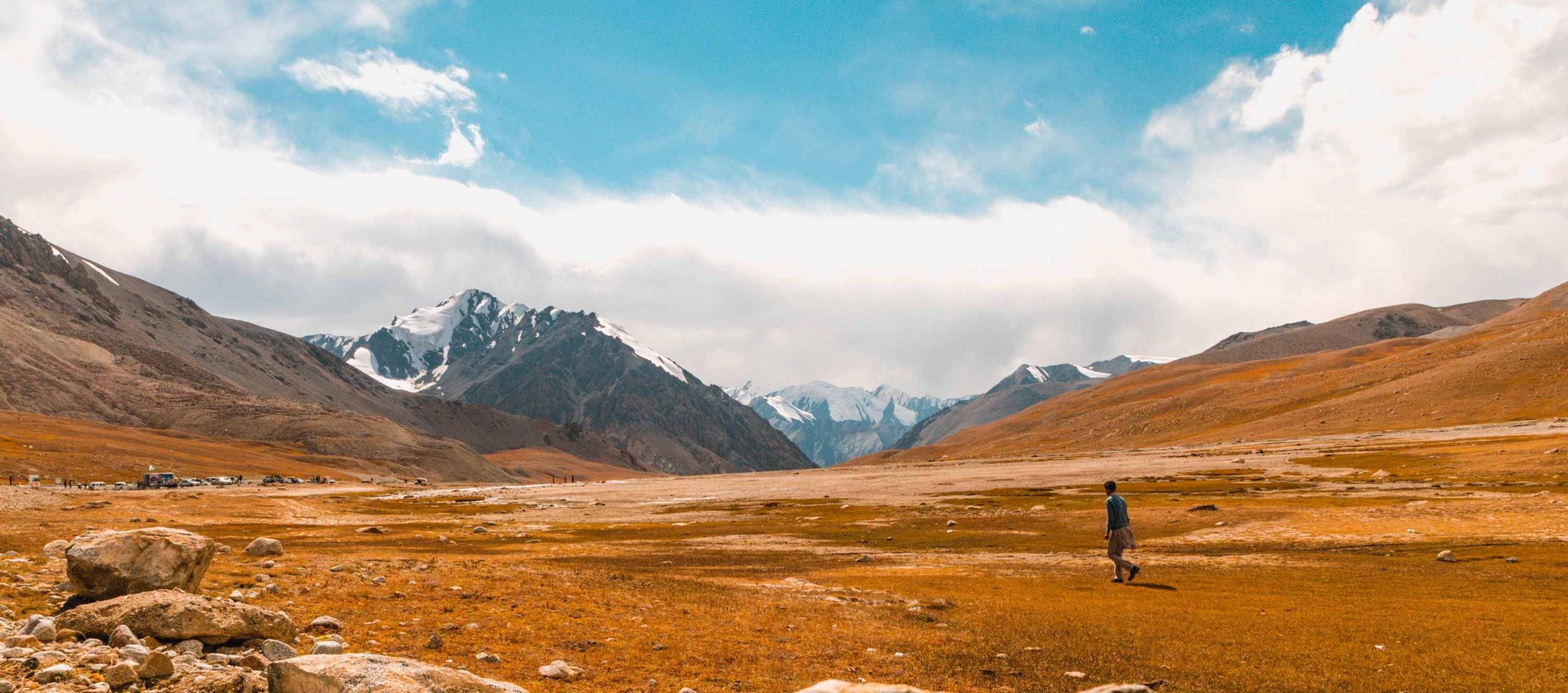Climate Adaptation in Iraq
Countries / Regions
Iraq
Partners
WSP Environment and Infrastructure Solutions UK (WSP) (formerly Wood Plc); Climate Change Risk Management (CCRM)
Funders
Global Environment Fund
Timescale
Project Team
Prof Ros Cornforth (PI, Walker Institute), Dr. Elena Saggioro (Walker Institute), Dr. Celia Petty (Walker Institute), Dr. Cathie Wells (formerly Walker Institute), Christine Wissink (WSP, Project Director), Prof. Stephan Harrison (CCRM), Dr. Tristan Hauser (WSP), Dr. Diar Hassan (WSP), Dr. Mike Harrison (CCRM)
Background
The Republic of Iraq is among the most vulnerable countries to climate change in the West Asia region. Iraq is already affected by water scarcity, sand and dust storms, floods, extreme heat, desertification and soil salinization among others, which are projected to worsen as global warming continues. With part of its population highly vulnerable to these climate features and extreme weather events, climate change adaptation is recognized by the country as imperative to ensure a safer and more prosperous future.
The Republic of Iraq is in the process of developing its first National Adaptation Plan that will build resilience at national and governorate level. International partners are supporting this process. The Walker Institute and project partners, working together with national and local adaptation stakeholders, is supporting adaptation efforts with a national climate change risk assessment and a governorate-specific adaptation option analysis.


Our Research
The Walker Institute led on the development of a Climate Change Risk Assessment (CCRA) and the co-production of a strategy and implementation plan for the establishment of an Iraqi Climate Modelling Unit (CMU) to support national climate adaptation planning. The Walker Institute also developed an adaptation option analysis for the key socio-economic sectors (=of agriculture, health, livelihoods, water and land resources, energy, tailored for six governorates.
The CMU strategy and implementation plan were developed in dialogue with local academics, and government representatives. To consult on the CMU strategy and to gather insights into climate services in action, we conducted interviews and facilitated an Arabic-English participatory workshop with Government representatives and local scientists online.
The CCRA was built around the construction of several ‘future climate storylines’. We developed storylines for two eco-regions in Iraq – the coastal areas of the Arabian Gulf and the southern marshes. The country identified these areas as home to critical ecosystems and especially vulnerable to climate change, as well as being agricultural areas on which many depend for their livelihoods. The storylines distilled the uncertainty of climate projections into simple-to-communicate scenarios, around which possible adaptation strategies can be designed.
The adaptation option analysis built on the climate storylines developed for the CCRA, applying them to six governorates. The options were identified via a systematic literature review, expanded and validated with focus group discussions held in the governorates and coordinated by local climate change officers, and prioritized with an online survey shared with the governorates’ facilitators and national-level policymakers.
Our Research
The Walker Institute led on the development of a Climate Change Risk Assessment (CCRA) and the co-production of a strategy and implementation plan for the establishment of an Iraqi Climate Modelling Unit (CMU) to support national climate adaptation planning. The Walker Institute also developed an adaptation option analysis for the key socio-economic sectors (=of agriculture, health, livelihoods, water and land resources, energy, tailored for six governorates.
The CMU strategy and implementation plan were developed in dialogue with local academics, and government representatives. To consult on the CMU strategy and to gather insights into climate services in action, we conducted interviews and facilitated an Arabic-English participatory workshop with Government representatives and local scientists online.
The CCRA was built around the construction of several ‘future climate storylines’. We developed storylines for two eco-regions in Iraq – the coastal areas of the Arabian Gulf and the southern marshes. The country identified these areas as home to critical ecosystems and especially vulnerable to climate change, as well as being agricultural areas on which many depend for their livelihoods. The storylines distilled the uncertainty of climate projections into simple-to-communicate scenarios, around which possible adaptation strategies can be designed.
The adaptation option analysis built on the climate storylines developed for the CCRA, applying them to six governorates. The options were identified via a systematic literature review, expanded and validated with focus group discussions held in the governorates and coordinated by local climate change officers, and prioritized with an online survey shared with the governorates’ facilitators and national-level policymakers.

Our Impact
To share the findings and recommendations of the Climate Change Risk Assessment (CCRA), we hosted a hybrid workshop and learning lab for government officials and local scientists in summer 2022 in Beirut.
Led by Wood Plc (now WSP) and with support from Walker and CCRM, the consortium produced a GIS Portal, in tandem with the CRA report to support climate scenario data use. The portal hosts climate hazard maps as well as other climate-related datasets.
The establishment of the new Iraqi Climate Modelling Unit (CMU) will help to devolve capability to Iraq to take forwards climate risk assessments and adaptation planning. The rationale, positioning and strategy for the establishment and financing of the CMU modelling unit co-developed by the Walker Institute is supporting the development of a fully functioning and effective multi-sectoral national climate service in Iraq.
Our flexible and people centred working methods resulted in trust in the process and final outputs. Throughout the project, the consortium received positive feedback including on our ability to embrace project iterations, understanding stakeholders’ perspectives and our focus on developing quality outcomes.


